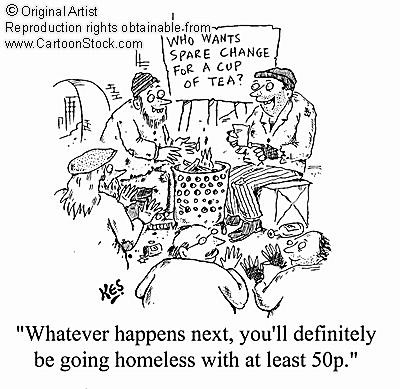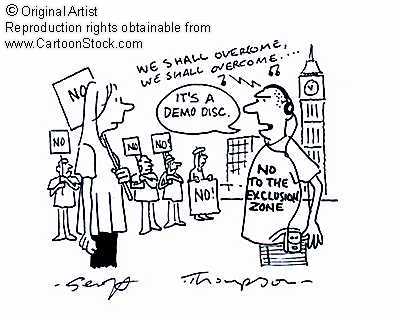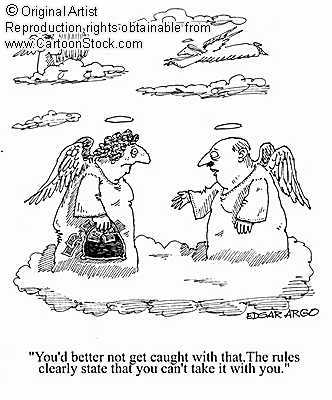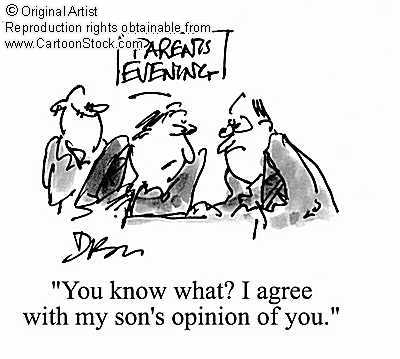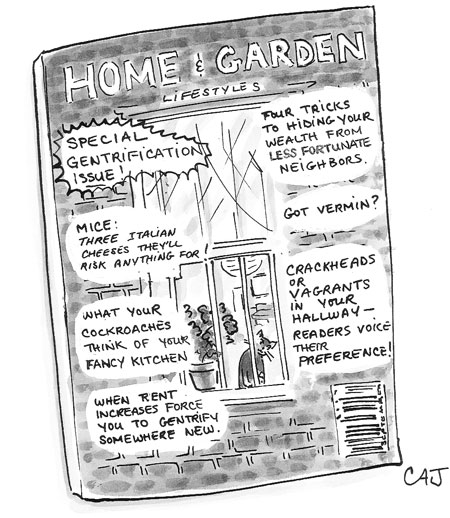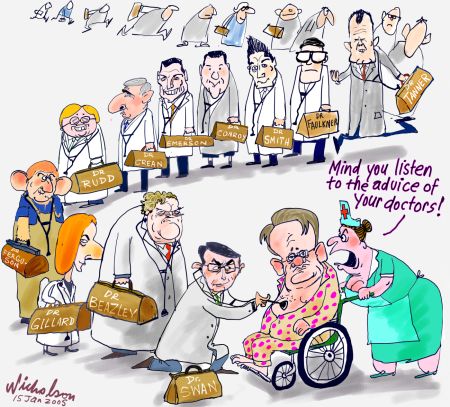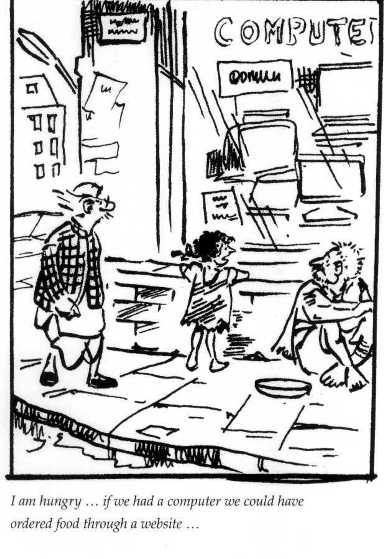Although not set in the United States, “Slumdog Millionaire” was a movie I recently watched and definitely made profound points about class issues. An example of all the story lines Benjamin DeMott discusses in The Imperial Middle: Why Americans Can’t Think Straight About Class, the film is about a contestant Jamal Malik on India’s “Who Wants To Be A Millionaire?” who finds himself having to justify how was able to get to the final question given the fact that he is an orphan from the slums of Mumbai. Exploration of how he knew certain answers gives the audience the opportunity to get flashbacks on the life of Jamal, which is full of class implications ranging from the brutality that results in the death of his mother to his precarious childhood without formal education to really speak of to his inability to protect the girl he loves.
[Somewhat-of-a-spoiler alert!] The movie is a great representation of an upending movie because of Jamal’s lowly beginnings, consistent maintenance of admirable values, and ultimate ability to overcome seemingly insurmountable odds. His brother, who is with him most of his life, is directly contrasted to him, giving life to DeMott’s assertion: “Where preoccupation with class is found foolish and naïve, where changing one’s class is seen as feasible, where class is understood as really a disguise, class cannot be a major player in great undertakings.” (39) DeMott’s points about the career rhetoric are also valid, although being a game show contestant is not really a profession. In the case of Jamal, “After the sketch of social background the writer directly confronts—and overturns—skepticism about the ability of an omni patrician to close vast social gulfs.” (DeMott, 82) Even though I definitely found myself reflecting on the incredibly tragic circumstances presented in the slums, I found many of those who I stop with about the movie fixated on the love story or specifics of what Jamal did, such as jumping into a pile of feces in order to get to see a movie star. I agree with DeMott’s statement that media often presents a “sense of class as screen—[the] readiness at once to embrace and reject class talk, [the] having-it-both-ways style of allusion to social difference—[which] helps to illuminate the nature of the problem.” (26) Fortunately unlike some of my peers, Sociology 155 does not allow for me to reject this discourse.
On a side note, there is an interesting dance number that is homage to Indian Bollywood movies- you can get a sense of it from the lead actor and actresses appearance on a talk show!
__________________
Martha’s Tangential Cartoon Pick!
